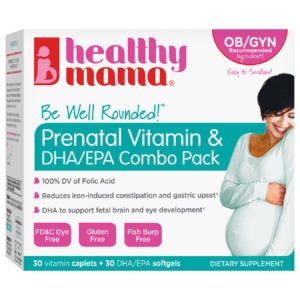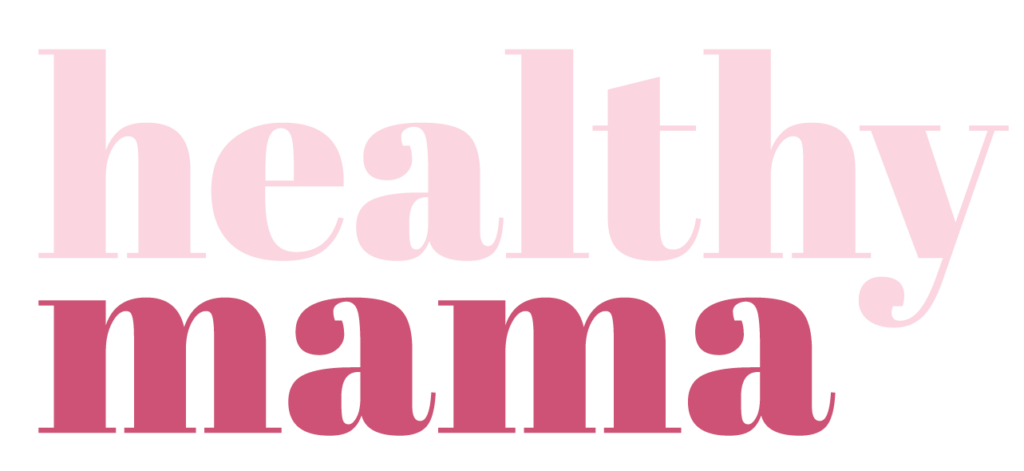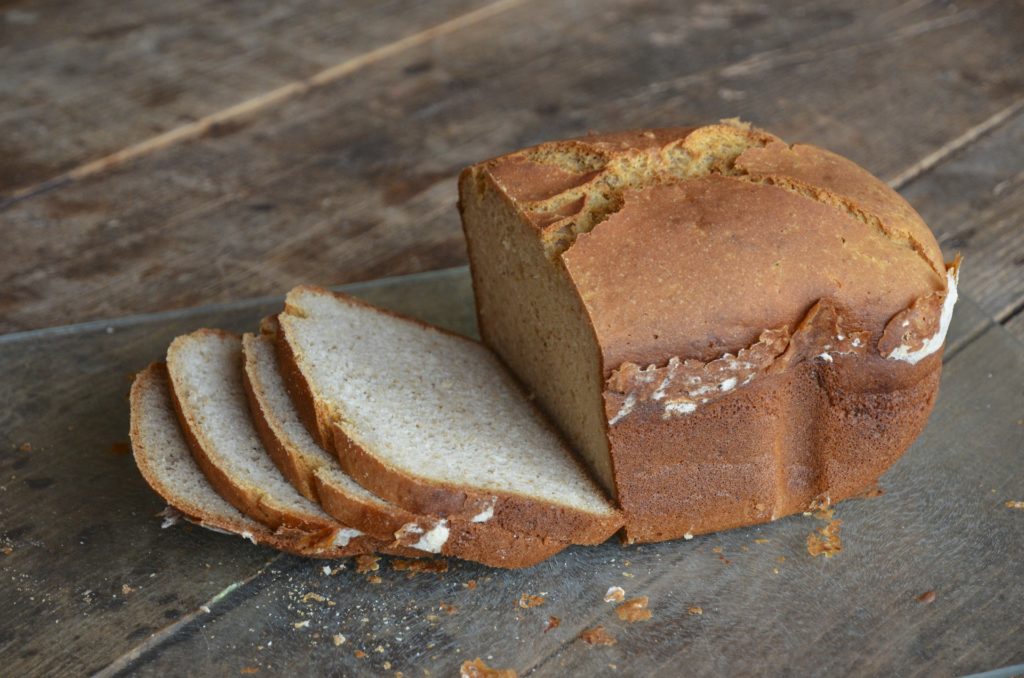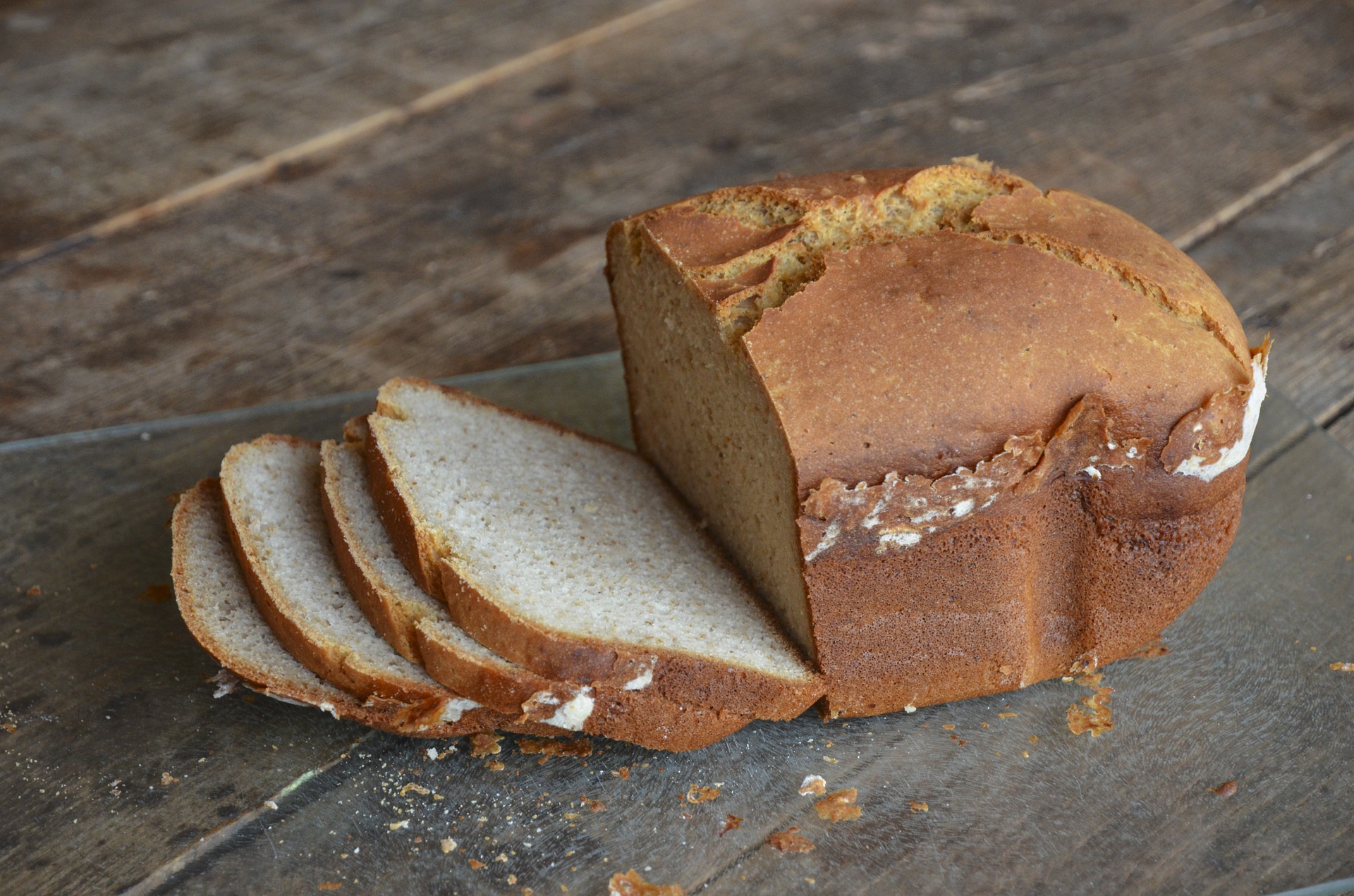 Do you need to have a Gluten-Free Pregnancy?
Do you need to have a Gluten-Free Pregnancy?
Let’s just begin by saying that pregnancy, followed by the first few months with your baby, should be a happy time; an enjoyable experience during which you’ll be dealing with tremendous emotions and many changes.
Creating human life is, quite simply, incredible. So, even if you didn’t manage to eat a certain amount of fruit or veg one day last week, don’t beat yourself up about it. There may be some days, especially in the first trimester, when you simply don’t want to eat very much at all.
Those of us with a food allergy might be even more inclined to worry, and unnecessarily. Some of us have to follow a gluten-free diet, because we either suffer from the celiac disease or have a simple intolerance to wheat. Others choose to follow a gluten-free diet because it simply makes them feel better. According to Forbes, the number of Americans who follow a gluten-free diet has tripled since 2009.
Gluten, weight gain, and pregnancy
Let’s just get one thing straight before we start. Some women, when they become pregnant, might be tempted to follow a gluten-free diet, thinking that it will help them maintain a healthier weight. There have been no definitive studies that prove gluten is bad for the average person’s health and many people wrongly believe that by cutting gluten out from their diet they will lose weight. Simply put, it’s not the gluten in foods that encourages weight gain, but instead the many processed foods that contain elements of gluten.
If you spend your time eating cakes, cookies, bread and breaded freezer food, your weight probably will increase, but because of the high levels of fat and sugar you’re consuming and not because of the gluten found within these products. In the same way, if you buy gluten-free cakes, cookies and bread, you’re still exposing yourself and your baby to high levels of sugar and fats.
If you choose to follow a gluten-free diet during your pregnancy and the first few months after the birth, you’ll be better off removing processed foods from your diet. You can replace them with vegetables, lean meats, vegetable proteins and fruits, all of which are gluten-free and full of the nutritional goodness your baby needs to grow.
Gluten, folate, and pregnancy
The only real concern for moms-to-be who are following a gluten-free routine, is the reduced levels of folate in their diet. Folate (the natural source of folic acid) is an essential B vitamin and possibly one of the most essential nutrients during pregnancy as it helps to prevent birth defects like spina bifida.
It’s a government requirement that food manufacturers add folate to a range of flours and commonly eaten grains, including breads, pastas, and cereals, but there’s no regulation that requires manufacturers to add folate to gluten-free substitutes. This is why pregnant women on a gluten-free diet should make a special effort to regularly eat other foods naturally high in folate, including chickpeas, lentils, spinach, avocado and beets.
Gluten intolerant moms and breastfeeding
Even if you have celiac disease or you suffer from wheat intolerance, that shouldn’t be the reason why you can’t breastfeed. The only real difficulty you might experience when breastfeeding as a gluten-intolerant mom, is finding gluten-free nutritious snacks on-the-go when you’re out and about. In general, women who breastfeed need to consume around 200-500 extra calories per baby every day. So, get into the habit of keeping enough gluten-free snacks packed in your baby bag before you leave the house.
Gluten-free superfoods for pregnant women and new moms
The good news for pregnant women and new moms who need or want to follow a gluten-free diet is that many of the foods we eat are naturally gluten-free and are really very good for growing babies, both inside and outside the womb. Quinoa, eggs, fish and greek yogurt are just four gluten-free superfoods for pregnancy and beyond.
Quinoa is one of the few grains that doesn’t contain gluten. It’s a go-to source for lean protein, fiber and folate. Aside from its nutritional goodness, it’s also incredibly versatile; sometimes eaten at breakfast and often used as a replacement for rice or pasta or added to salads. Eggs are protein powerhouses, perfect for pregnant or breastfeeding women as they provide babies with all the necessary building blocks that they need in order to grow big and strong.
Fish, particularly salmon and halibut, is another great source of protein and provides your baby with all the omega 3 and 6 fatty acids needed to help develop his or her brain. There are only two things to remember when it comes to eating fish when pregnant. One, is to make sure that it’s completely cooked (so raw salmon sushi is out), and the other is to avoid eating too much of it. As well as protein and fatty acids, fish also contains methylmercury, which in high doses can be dangerous to a growing baby. Two portions of fish per week is all that you need.
Lastly, greek yogurt eaten every day as a snack, or on your morning cereal, is a much healthier option than other yogurts, as it is strained more and therefore contains less lactose and sugar. It’s also full of probiotics, known for their ability to balance the digestive system.
Pregnancy is a unique season in a woman’s life, during which she should feel free to pamper herself and consume foods that are beneficial for both her and the baby.
Looking for a gluten-free prenatal vitamin? Be Well Rounded! Prenatal Vitamin + DHA provides the ultimate in prenatal nutrition and is certified gluten free.
